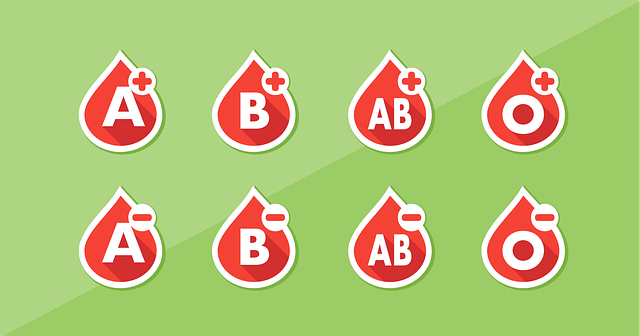Global laws governing egg donation after ovarian removal reflect diverse views on reproductive rights. These regulations protect donors and recipients, cover consent processes, and establish rights/responsibilities for all parties involved. Understanding this legal landscape is crucial for patients considering egg donation post-ovarian surgery to make informed decisions about their reproductive futures.
“Exploring the legal landscape of egg donation for patients undergoing ovarian surgery is crucial in ensuring ethical practices and patient rights. This comprehensive guide delves into the intricate web of regulations surrounding egg donation, offering insights on key considerations. From understanding the legal frameworks governing this process to examining patient consent, anonymity, and parental rights, we navigate the complexities. Additionally, we explore ethical dilemmas and future implications, providing a detailed look at the evolving landscape of egg donation after ovarian removal.”
Understanding Egg Donation Legal Frameworks
The legal framework surrounding egg donation for patients undergoing ovarian surgery varies across jurisdictions, reflecting diverse societal and ethical views on reproductive rights. In many countries, egg donation is regulated to ensure the safety and well-being of both donors and recipients. For individuals considering egg donation after ovarian removal—a procedure often undertaken due to conditions like endometriosis or cancer—comprehending these legalities is paramount. These regulations cover aspects such as donor anonymity, consent processes, and the rights and responsibilities of all parties involved.
Understanding these legal frameworks is crucial for patients to make informed decisions and navigate the process smoothly. It also ensures that egg donation remains a safe and ethical option, fostering trust between donors, recipients, and medical professionals. In the context of ovarian surgery, where fertility preservation is a significant concern, knowledge of the legal landscape empowers patients to engage in meaningful discussions about their reproductive futures.
Patient Rights and Consent Process
When considering egg donation after ovarian removal surgery, patient rights and consent are paramount. Patients must be fully informed about the procedures involved in both the donation process and the subsequent use of their eggs. This includes understanding the risks, benefits, and alternatives to ensure they make an informed decision. The consent process should be comprehensive, covering all aspects of egg donation, from the medical procedures to legal ownership rights over the donated eggs.
During this process, patients have the right to ask questions, seek clarifications, and even withdraw their consent at any time. It’s crucial that healthcare providers offer a supportive environment where patients feel comfortable discussing their concerns. The patient’s autonomy and well-being should guide every step of the egg donation journey, ensuring they are fully prepared for both the physical and emotional implications of this decision.
Anonymity, Disclosure, and Parental Rights
In the context of egg donation for patients undergoing ovarian surgery, several legal considerations come into play, especially regarding anonymity, disclosure, and parental rights. Anonymity is a critical aspect, as both the donor and recipient may prefer to maintain their privacy. This is particularly relevant in cases where the donor is a known individual but wishes to remain anonymous to protect her personal information. Legal frameworks must balance this desire for privacy with the right of the child to know their genetic origins, ensuring a process that allows for informed consent from all parties involved.
Disclosure and transparency are equally important. Patients should be fully informed about the egg donation process, including potential risks and outcomes. Furthermore, parental rights need careful consideration, especially when dealing with frozen eggs. Legal clarity on custody, inheritance, and decision-making powers is essential to protect the rights of both biological parents and the child’s future legal guardians. These issues are even more pertinent in cases where ovarian removal leaves a patient infertile, prompting her to explore egg donation as an alternative route to parenthood.
Ethical Considerations and Future Implications
The ethical landscape surrounding egg donation for patients undergoing ovarian surgery is complex, balancing the rights and desires of both the donor and recipient. Ensuring informed consent from donors, protecting their physical and emotional well-being, and addressing potential psychological impacts are paramount. With advancements in medical technology, the future of egg donation after ovarian removal looks promising, potentially offering hope to many infertile women. However, this evolution brings new challenges, including the need for more robust legal frameworks to govern these procedures, address emerging ethical dilemmas, and ensure equitable access to treatment. These considerations are crucial in shaping a sustainable and morally sound approach to preserving reproductive options for patients facing ovarian surgery.
The legal landscape surrounding egg donation for patients undergoing ovarian surgery is complex and evolving. Understanding these considerations, from patient rights to ethical dilemmas, is crucial for ensuring informed consent and protecting all parties involved in this life-altering decision. As society continues to navigate the ethical complexities of reproductive technologies, especially with the rise of egg donation after ovarian removal, ongoing dialogue and legislation are necessary to foster a supportive environment for both donors and recipients.
